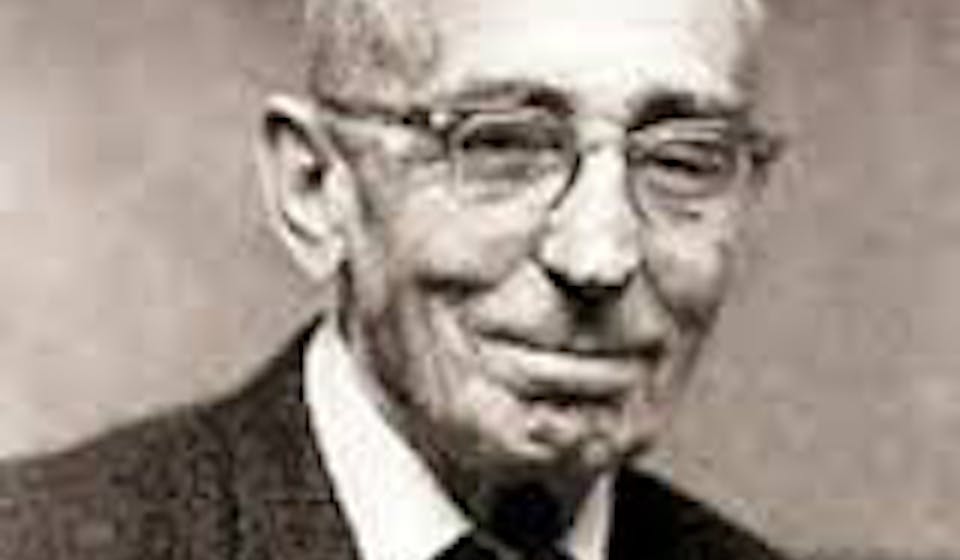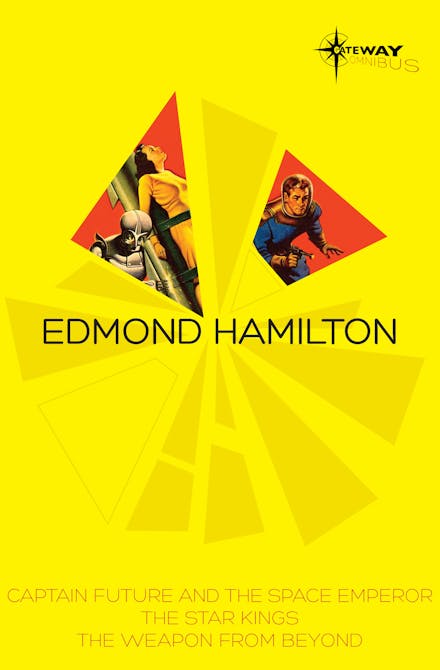Imprint
- Gateway
Edmond Hamilton SF Gateway Omnibus: Captain Future and the Space Emperor, The Star Kings & The Weapon From Beyond
Edmond Hamilton
Fiction, Science fiction
From The SF Gateway, the most comprehensive digital library of classic SFF titles ever assembled, comes an ideal sample introduction to the space operatic adventures of Edmond Hamilton, one of the pulp masters of early science fiction.
Hamilton was one of space opera's early influencers, alongside 'Doc' Smith and Jack Williamson, and also spent some time at DC Comics, where he wrote such seminal titles as Superman and The Legion of Superheroes. This omnibus contains the opening volumes to three of his best loved series: Captain Future and the Space Emperor, The Star Kings and The Weapon Beyond.
Praise for Edmond Hamilton SF Gateway Omnibus: Captain Future and the Space Emperor, The Star Kings & The Weapon From Beyond
-
You can tell he was one of the best by the fact that other, far more famous people still steal from him . . . his work and imagination can be seen everywhere in the way film, television, and anime present science fiction to a mass audience

Edmond Hamilton
Edmond Hamilton (1904-1977)
Born in Youngstown, Ohio, Edmond Hamilton was raised there and in nearby New Castle, Pennsylvania. He was something of a child prodigy, graduating from high school and undertaking his college education at Westminster College at the young age of 14; he dropped out aged 17. A popular science fiction writer in the mid-twentieth century, Hamilton's career began with the publication of his short story 'The Monster God of Mamurth' in the August 1926 issue of Weird Tales. After the war, he wrote for DC Comics, producing stories for Batman, Superman and The Legion of Superheroes. Ultimately, though, he was associated with an extravagant, romantic, high-adventure style of SF, perhaps best represented by his 1947 novel The Star Kings. He was married to fellow SF writer Leigh Brackett from the end of 1946 until his death three decades later.




































.png?auto=compress&w=150&h=60&fit=crop&fm=jpg)



.png?auto=compress&w=150&h=60&fit=crop&fm=jpg)

